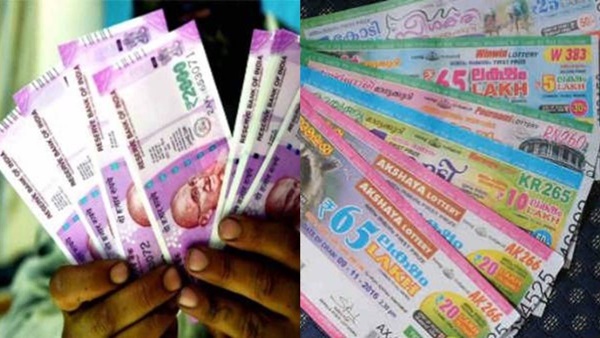The lottery, a game of chance that has captivated millions around the globe, is a phenomenon that blends luck, excitement, and the tantalizing possibility of instant wealth. While lotteries have been around for centuries, evolving from ancient forms of random selection to sophisticated modern systems, they remain a powerful force in contemporary society. This article delves into the history, mechanics, and social impact of data macau, offering a comprehensive look at their significance and the role they play today.
Historical Roots
The concept of the lottery dates back to ancient times. Evidence of lottery-like practices can be found in Chinese texts from around 205 BC to 187 BC, where keno slips were used to fund major projects, including the Great Wall of China. In Europe, the lottery became prominent in the 15th century. The earliest European lotteries were used to fund various civic projects and were viewed as a fair means of raising funds without imposing additional taxes.
By the 16th century, lotteries had become a common fundraising tool across Europe. The English Parliament established the first official lottery in 1569 to support the burgeoning British Empire. The allure of lottery games was evident even then, as they promised significant prizes and broad public participation.
Modern Lottery Systems
Today, lotteries have evolved into highly organized and regulated systems. They vary widely from country to country but generally share common elements: players purchase tickets with the hope of matching numbers drawn randomly. The simplicity of the lottery is part of its charm—buying a ticket is straightforward, and the rules are easy to understand.
Modern lotteries often feature enormous jackpots that can change lives overnight. In countries like the United States, Powerball and Mega Millions offer jackpots that can soar into the hundreds of millions of dollars. These massive prizes draw attention and participation from millions, amplifying the excitement and anticipation that surround the lottery.
Lotteries are also used for more than just prize money. Many are designed to raise funds for public services and charitable causes. In the United Kingdom, for example, the National Lottery raises billions of pounds each year for various projects, including sports facilities, community centers, and arts programs. This dual purpose—providing both potential personal gain and public benefit—adds a layer of appeal to lottery participation.
The Psychology of Lottery Participation
The psychological appeal of lotteries is profound. The chance of winning a life-changing sum of money with a relatively small investment is an enticing proposition. This element of risk and reward taps into a primal desire for wealth and success. The lottery offers a form of escapism from daily life, promising a potential future of luxury and freedom.
Additionally, the social aspect of lotteries cannot be overlooked. Group play, office pools, and family tickets create communal experiences and shared hopes. This collective enthusiasm amplifies the sense of excitement and builds a communal culture around the lottery.
Criticisms and Controversies
Despite their appeal, lotteries are not without criticism. They are often scrutinized for the way they can exploit vulnerable populations. The odds of winning a jackpot are extremely low, and frequent participation can lead to financial strain for some individuals. Critics argue that lotteries can disproportionately affect lower-income individuals, who might spend a higher percentage of their income on tickets compared to wealthier participants.
Furthermore, the lottery industry faces scrutiny regarding the transparency and ethics of its operations. Ensuring that lotteries are conducted fairly and that proceeds are allocated appropriately is crucial for maintaining public trust.
The Future of Lotteries
As technology advances, the lottery landscape continues to evolve. Online lotteries and mobile apps have made participation easier and more accessible, broadening the reach of lottery games. Innovations in technology may also bring about new ways to ensure fairness and transparency in lottery operations.


